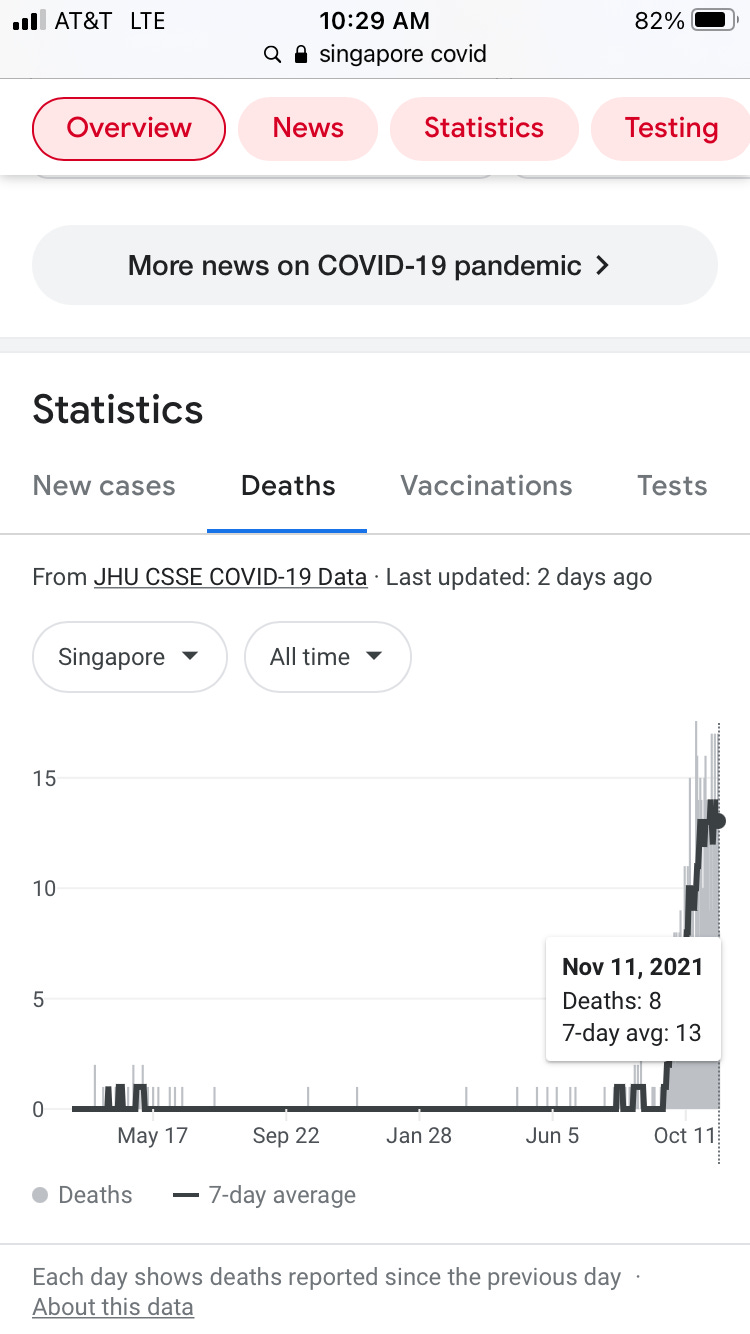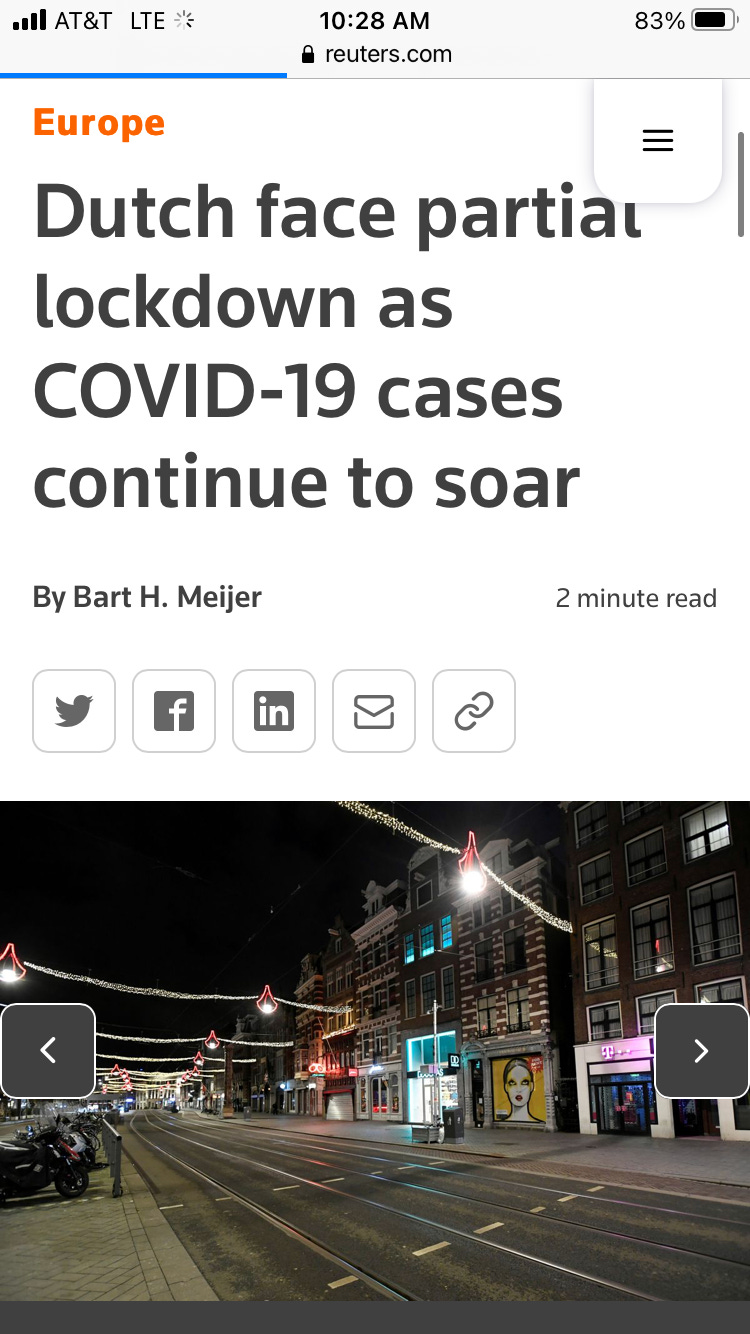Video - Pat Kenny interviewed Philippe Legrain, author of "Aftershock: Reshaping the World Economy After the Crisis"NEPKC | Voters in Iceland have rejected their government’s attempt to foist on them the costs of bailing out foreign creditors. Iceland’s oversized big banks had made bad loans throughout Euroland and when they failed uninsured depositors were on the hook. Governments in countries like the UK and the Netherlands bailed out their depositors and demand that Iceland reimburse them. However, Icelandic voters have now rejected that proposition twice. They feel they have suffered enough already from a financial crisis created by largely unregulated financial institutions that lent indiscriminately in foreign currency. Iceland does not use the euro and its tiny economy cannot be expected to cover all the euro-denominated debt run-up by private financial institutions. Those foolish foreigners who took risks by holding uninsured euro-denominated deposits in Icelandic banks with no access to a government back-stop in euros should take the loss. In my view, the voters have responded in a rational and responsible manner. After all, that is what market discipline and sovereignty are all about. If a saver does not like risks, she should hold only safe assets guaranteed by a sovereign power.
What about Ireland—which is now facing a similar situation—should its voters reject a taxpayer bailout of foreign creditors? Like Iceland, it faces a crushing debt because its government took on the liabilities of its oversized banks who also had lent indiscriminately throughout Euroland. However, unlike Iceland, Irish bank liabilities are denominated in the currency used in Ireland, the euro.
Ireland abandoned its sovereign currency when it joined the Euro. Effectively, it became like a US state—think Louisiana—within the EMU. This means it has little domestic policy space to use monetary or fiscal policy to deal with crisis. If we go back to 2005, Ireland’s government had the second lowest ratio of debt to GDP (national output or income) in the EU-15, with only Luxemberg having a lower debt ratio. The government paid an interest rate similar to that paid by the French and German governments; it had a strong AAA rating on its debt. In fact, it was running a huge government surplus of 2.5% of GDP (similar to that run by the Clinton administration in the late 1990s in the US).
Fast forward to this spring. The government deficit ratio was about 12.5% of GDP and credit default spreads on the government’s debt (equivalent to betting on default) reached almost 43 basis points over those of Germany, and it paid 6 percentage points higher to borrow than Germany did (on March 22 the spread on two year bonds hit a record 835 basis points—8.35 percentage points—over the rate on equivalent German debt).
Here’s the problem. There is a fundamental relation between economic growth and ability to pay interest to service debt. To be safe, a non-sovereign government should not pay an interest rate that significantly exceeds its growth rate. (A country that pegs its currency, operates a currency board, adopts a dollar standard, or adopts a foreign currency is by my definition “non-sovereign”.) If we compare Ireland today to the situation of Germany, because the Irish government pays 6 percentage points more, it needs to grow 6 percentage points faster than Germany does. To be sure this is a rough rule of thumb and there is some leeway. But the prospects for Ireland to grow that much faster than Germany—say 8 percent growth rate for Ireland versus 2 percent for Germany—approach a zero probability.
Indeed, the conventional way to generate government revenues needed to service debt is to cut government spending and raise taxes—which will only hurt Irish growth. Further, what Ireland needs is to increase the flow of euros in its favour through its foreign balance, i.e. by reducing imports and increasing exports to the EMU. The conventional prescription is slow domestic growth to reduce imports and enhance international competitiveness. This, too, further reduces domestic growth even further below the interest rate paid on government debt.
And that is precisely the plan adopted by Europe’s policy elite: the “Review of Labour Cost Competitiveness” released by Forfas on 29 October 2010 makes wage reduction its primary goal, while a report, “Ireland-Stability Programme Update”, was presented to the European Commission last month with a plan to “restore order to the public finances” through “an ambitious programme of structural reform” by increasing “competitiveness”. It is clear that the plan is to crush the economy to reduce living standards sufficiently to make Ireland a low-cost producer relative to the rest of Europe.
However, with the exception of the BRICs (Brazil, Russia, India and China) recent economic data across the globe have not been good. That makes it harder for Ireland to export its way out of debt—which is the least painful path. I do not see alternatives means of earning the needed euros that are without substantial suffering. Yet, many other EU nations are in a similar situation (even if some are less dire)—and will be competing with Ireland’s rush to the bottom. This is not a battle Ireland is likely to win.
Unfortunately, slow growth of the economy usually means slow growth of tax revenue. It is fairly easy to imagine a scenario in which domestic austerity actually makes the budget deficit worse, which raises interest rates on government debt. A vicious cycle can be created, with debt service blowing up as growth continues to slow and interest rates rise with credit ratings agencies downgrading government debt.
What I am going to say next will sound quite controversial. Ireland transitioned from a government budget surplus of 2.5% of GDP to a deficit of 12.5% of GDP, which I am arguing is a disaster. The US government has had a nearly identical transformation (from 2.5% surplus in the late 1990s to a deficit near 12.5% of GDP today) but it faces no insolvency constraint and no default risk. The reason this is controversial is because we do face deficit hysteria in the US and a threat by credit ratings agencies to downgrade US government debt. Congress nearly refused to extend the self-imposed debt limit on the federal government—and it is still possible that the government might get shut down if Congress refuses to raise the limit in the future. So it might look like the US and Ireland are in a similar pickle.
But they are not. All problems in the US are self-imposed. Irish problems are largely imposed by “markets”—by market assessment that there is a very real chance of involuntary default. That is why Irish borrowing rates are rising, while US government interest rates actually fell (!) after the threatened downgrade. The only path to US default is political—failure of Congress to raise debt limits. The path to Irish default is “economic”—spiralling interest rates with low growth rates.
If Ireland had its own sovereign currency, the size of the government deficit or debt ratio would not be relevant to ability to pay. I will return to that below. But since Ireland gave up its currency in favour of the euro, it is not in the position of a USA or a Japan or a Turkey. It has far less domestic policy space—to run up budget deficits to boost growth, and to set low domestic interest rates. Nor can Ireland devalue the currency—the value of its euro is set at equal to the euro used throughout the EMU. As we have seen, crises in various EMU nations (Greece, Portugal, Spain, Ireland) do not cause the euro to depreciate. That might sound counterintuitive but what matters is that there are relatively safe havens for those who want to buy euro-denominated debt, such as Germany. The “periphery” nations have to pay big premiums over the interest rates paid by Germany—and the euro remains (too) strong.
But let us look at how Ireland got into this mess. As I mentioned earlier, Ireland was the “paragon of virtue” just 6 years ago—its total outstanding government debt was just 8 months of tax revenue (publicly held debt was only 21% of GDP) and it was actually running budget surpluses. Then the financial crisis hit. That would have worsened the budget balance significantly—and probably would have generated a budget deficit. However, the government chose to guarantee its banks—which were vastly oversized relative to the size of the economy. That “busted the budget” and generated the current problems. In important respects, Ireland reproduced the Icelandic problem, with similar results. As we know, the people of Iceland have recently voted to undo the bank bail-out.
The question is how Ireland might respond to the will of its voters. Any rational response should try to undo the mess created by guaranteeing bank debt.
A recent report by Finnish bank expert Peter Nyberg avoids naming names (by contrast, the US official report on the crisis—the Financial Crisis Inquiry Report does so) but says that guaranteeing the banks was based on “insufficient information”. Well, that information is now sufficient to conclude that the bail-out was a mistake. It needs to be unwound. The documents must be made public. The guilty need to be prosecuted. Funds need to be recovered. Guarantees of crooks need to be withdrawn.
The case for Ireland to withdraw guarantees of bank liabilities is even stronger than the case for Iceland. Iceland wanted to guarantee only the deposits of its domestic residents, while allowing banks to default on those held by foreigners. In the case of Ireland, foreign creditors held large sums of subordinated debt and uninsured deposits. For years they had received higher returns on those inherently risky claims; but when the chickens came home to roost, foreign governments like the UK and the Netherlands chose to bail-out these holders (in many cases, their banks were the holders). That is bad policy, but it was their choice. Obviously, it rewards excessive risk taking, that presumably was already once rewarded by high returns. But now those governments want the Irish government to reimburse them for their foolish policy.
I do not (yet) want to recommend outright default on government debt. Public hearings on the bail-outs need to be undertaken immediately to determine what role fraud played in creating the government debt crisis. I’m not a lawyer, but government actions based not just on “insufficient information” but rather on “fraudulently constructed information” need to be undone. Exactly how that will play out through the courts I cannot forecast. As for the foreign government claims, Ireland ought to welcome them to pursue their case in court. Their claims appear to me to be without merit—but one never knows how courts will rule. At the very least, Ireland could buy a lot of time by going to court.
Meanwhile, Ireland needs jobs. A universal job guarantee is the best approach. The jobs would pay basic wages and benefits with a goal to provide a living wage. It would take all comers—anyone ready and willing to work, regardless of education, training, or experience. Adapt the jobs to the workers—as the late Hyman Minsky said, “take the workers as they are” and work them up to their ability, and then enhance their ability through on the job training.
The program needs to be funded by the central government. Wages would be paid directly to the bank accounts of participants for working in the program. Some national government funding of non-wage costs could be provided. I would decentralize the program, to allow local governments and not-for-profit service organizations to organize projects.
Now here is the problem. A sovereign government with its own currency can always financially afford such a program. Ireland could fund such a program with its own sovereign currency. In current circumstances this is problematic because Ireland abandoned its currency in favour of a foreign currency, the euro.
The big advantage of a sovereign currency is that government can “afford” anything for sale in its own currency. To keep our analysis simple, government then spends through “keystrokes”, crediting bank accounts.
Before all the Zombie Zimbabwean hyperinflation warriors attack, let me say that too much government spending can be inflationary and can create pressures on the currency. But by design a job guarantee program only hires people who want to work because they cannot find higher paying jobs elsewhere. It sets a wage floor but does not drive wages up. As such, it can never cause hyperinflation—it hires “off the bottom” at the program fixed wage, only up to the point of full employment. It never drives the economy beyond full employment.
What is the best way to guarantee long-term stability for the Irish economy? Full employment with reasonable price stability—something a universal job guarantee program can deliver.
For a sovereign currency nation the interest rate is a policy variable and has no impact on solvency. Government can keep rates low (it sets the overnight rate directly, and can if it desires issue only short maturity bonds near to that rate) and pays interest through “keystrokes” by crediting bank accounts with interest. It can never run out of keystrokes so will never fail to make interest payments unless it chooses to do so for noneconomic reasons.
For Ireland, this is a very serious problem. It does not have a sovereign currency. It cannot control its borrowing rates, which are set in markets. Nominal interest rates should not exceed nominal GDP growth rates. But as we know, markets have pushed rates to 10%. For Ireland to service debt at 10% interest rates, it will need Chinese growth rates. That seems unlikely.
So how should the government deal with loan repayments to the EU? As I discussed, I would encourage the government to unwind its guarantees of bank debt. If this cannot be done, then Ireland must have a bail out and debt relief provided by the ECB or the EMU through some other entity. That is actually in the interest of the EMU since much of the bank debt guaranteed by Ireland’s government is held externally by EU banks. The last resort alternative is default on debt and possible expulsion from the EMU. That will be painful. There isn’t anything Ireland can be expected to do without support from the EU—except for default.
So Ireland can learn from the Icelandic example. Both are heavily indebted because their banks were far too large and made too many foreign loans. A difference is that Iceland still has its own currency; however its banks made loans in foreign currencies. But in important respects, so did Irish banks since the euro is a foreign currency from the perspective of Ireland. Iceland’s citizens are pressuring its government to undo the bail outs. Ireland’s population can learn by example.
The Irish voters should demand accountability of government, including investigation of the bail out of banks. Government should pursue debt relief on all fronts. Voters should resist austerity programs. If all else fails, they should demand either default or withdrawal from the EMU (in practice these probably amount to the same thing).
And they demand jobs at decent pay. A Universal Job Guarantee program either funded by a newly sovereign Irish government, or funded by the ECB or other EMU institution is necessary to help revive the economy and to relieve suffering caused by high unemployment.
 Vanity Fair | Iceland’s de facto bankruptcy—its currency (the krona) is kaput, its debt is 850 percent of G.D.P., its people are hoarding food and cash and blowing up their new Range Rovers for the insurance—resulted from a stunning collective madness. What led a tiny fishing nation, population 300,000, to decide, around 2003, to re-invent itself as a global financial power? In Reykjavík, where men are men, and the women seem to have completely given up on them, the author follows the peculiarly Icelandic logic behind the meltdown.
Vanity Fair | Iceland’s de facto bankruptcy—its currency (the krona) is kaput, its debt is 850 percent of G.D.P., its people are hoarding food and cash and blowing up their new Range Rovers for the insurance—resulted from a stunning collective madness. What led a tiny fishing nation, population 300,000, to decide, around 2003, to re-invent itself as a global financial power? In Reykjavík, where men are men, and the women seem to have completely given up on them, the author follows the peculiarly Icelandic logic behind the meltdown. 















